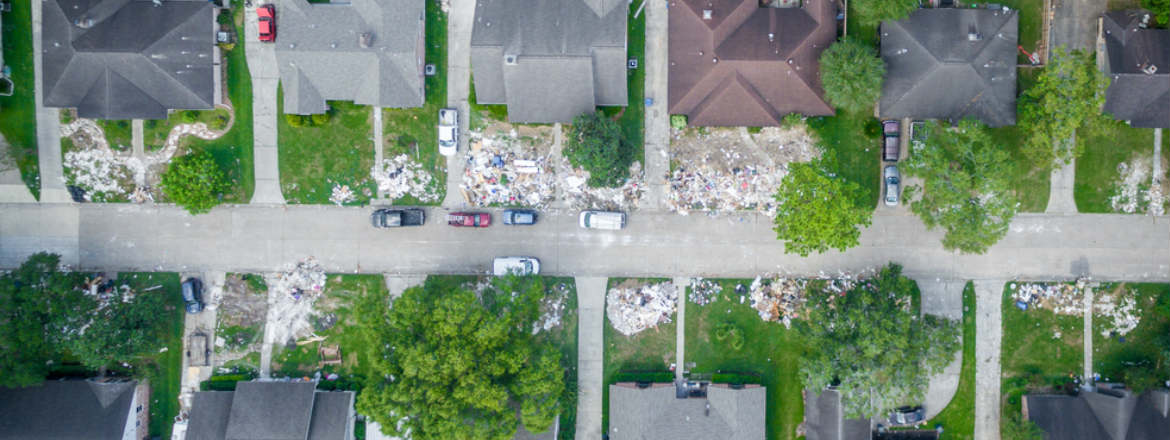
Safety, our priority in the wake of Hurricane Harvey
Safety, our priority in the wake of Hurricane Harvey

Activation of Business Continuity Plan
Given the seriousness of the situation, Repsol decided to close its corporate headquarters in the country for a week, which is located in Houston, Texas, and activate its Business Continuity Plan. The aim of this plan was to guarantee operations would be maintained and the safety of our more than 300 employees would be ensured.
No employees were harmed during the hurricane. Only one family's home was flooded and the company provided them with a temporary flat while all necessary repairs were carried out.
Once the plan was activated, the first step was to activate the "emergency group," comprising more than 30 representatives from the corporate areas and businesses that, due to their profile and functions, were key to guaranteeing the continuity of our activities.
The members of this group moved to the remote emergency center provided for this type of situation, an office north of Houston, where they continued to manage all systems and processes and provided personal support to employees.
A couple of days before the arrival of the hurricane, the company had distributed forms to its employees asking them to provide some practical information: mobile phone number, address where they were going to be during those days, and so forth. This information allowed the emergency team to be in permanent contact with them to keep them informed about the situation in the offices and provide them with safety advice for those days.
During those days, Repsol asked its employees to stay at home and not to go to the headquarters under any circumstances, as the road conditions would not allow for safe travel.
One of the keys to the plan's success was the training carried out by the emergency group. For months, its members met periodically to carry out drills in the event of a possible hurricane and to rehearse the procedures to be activated.
Mariano Ferrari, director of the US Business Unit
"By practicing for a hurricane, we were able to successfully manage a real situation like Hurricane Harvey, the basic objective being that employees were safe and felt part of a company that cared about them.”

Safety, our priority in the wake of Hurricane Harvey
Contributing to the United Nations 2030 agenda
Positively through the following SDG:

SDG 8
Decent work and economic growth
You may also be interested in